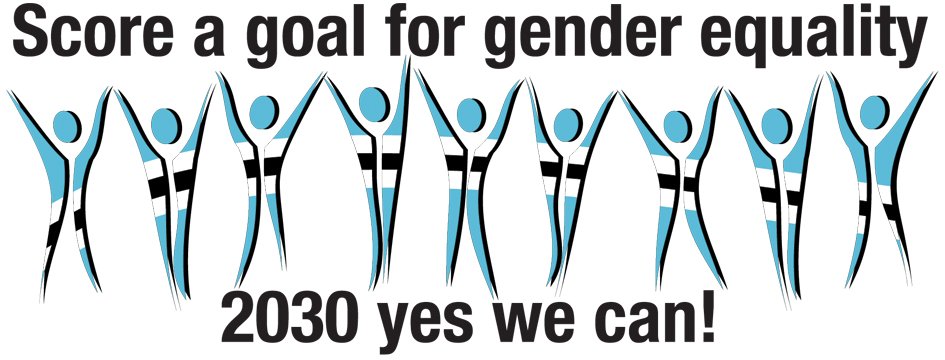The 2018 SADC Protocol @ Work Summit and Awards will take place at Cresta Lodge in Harare from the 22nd to the 23rd of May 2018. The two day summit running under the theme “Local Action for a strong 2030 A-gender in Southern Africa” will provide a platform to review and plan the way forward in the implementation of gender action plans and the related Sustainable Development Goals (SDGs).
The summit’s main objective is to review best practices from the local government sector on the 2030 Agenda for the 17 SDGs adopted by world leaders in 2015. As an organization, Gender Links is happy that achieving gender equality and empowering women is integral to each of the 17 goals. Similarly, it is a plus that SDG 5 on gender equality is one of the ten action areas being prioritised by the government of Zimbabwe.
In Zimbabwe 79 local authorities have joined the programme on gender mainstreaming which is aimed at ensuring that the local authorities provide gender sensitive service delivery. These 79 Centres of Excellence councils for gender mainstreaming have successfully reviewed their gender action plans in line with the provisions of the SDGs. The summit will provide a platform for knowledge dissemination and sharing of best practices from various sectors across Zimbabwe including Government departments, NGOs, Community Based Organisations, Faith Based Organisations, Centres of Excellence for Gender in Local Government including councillors; Gender Focal Persons of local authorities; Gender Champions, Gender Drivers of Change and emerging entrepreneurs.
There are 8 thematic areas where best practices will be presented namely, Local government centres of excellence institutional, entrepreneurship, gender-based violence, economic justice, rights (sexual and reproductive health, HIV/AIDS, governance), climate change and sustainable development.
The objectives of the summit are:
- To gather evidence on the SADC Gender Protocol@Work through case studies on leadership programmes as well as institutional practices.
- To popularise the Agenda 2030 SADC Gender Protocol and its related Sustainable Development Goals (SDG) gender targets and indicators.
- To establish progress scores for the Centres of Excellence for Gender in Local Government in line with the Post 2015 SADC Gender protocol and Sustainable Development Agenda.
- To acknowledge and affirm survivors of gender violence who are reclaiming their lives.
The SADC Gender Protocol@work summit is an opportunity for different target groups to share good practices on advancing gender equality and for Gender Links to strengthen its partnerships with local authorities and like-minded organisations across the country. At the summit, participants from different parts of the country get a rare opportunity to discuss the impact of their work.
The case studies to be presented at the up-coming summit play a key role in the production of the annual SADC Gender Protocol Barometer. This is because they provide qualitative evidence showing the progress being made by governments, civil society and ordinary citizens in closing the existing gender inequality gaps in their communities through the implementation of the SADC Gender Protocol.
SADC Protocol@Work summits evolved out of the biannual Gender and Media summits held since 2004 and the annual Gender Justice and Local Government summits that started in 2011. In 2013, with pressure mounting for the 2015 deadline of the SADC Gender Protocol (initially aligned to the MDGs) the summits came together in one annual SADC Gender Protocol@Work summit. Under the umbrella of the SADC Gender Protocol Alliance, and with the strapline, 2015-Action and Results, the 2015 summits focused on progress made towards achieving the 28 targets of the SADC Gender Protocol by the initial deadline of 2015, as well as action in strengthening the regional instrument Post- 2015. The 2016 summit was held a few days before the “16 Days of Activism Against Gender Based Violence” with the aim to review actions and plans for the advancement of the post 2015 agenda and the SDGs. In Zimbabwe the 2016 SADC Protocol@Work Summit saw a total of 155 case studies showcased from local authorities, civil society, CBOs and Faith Based Organisations. In all, the SADC Protocol@Work summits have gathered over 2000 case studies of the SADC Protocol@Work.






